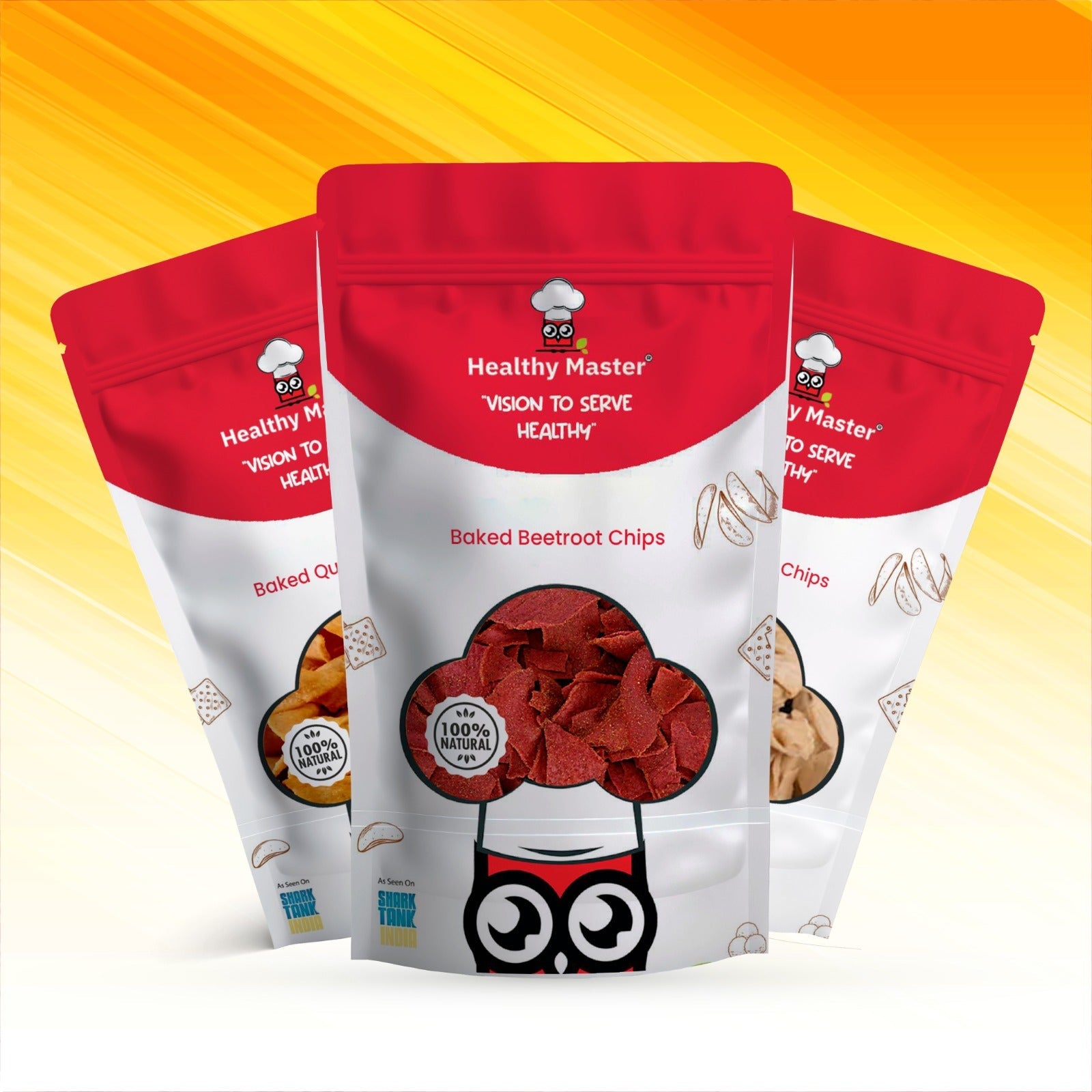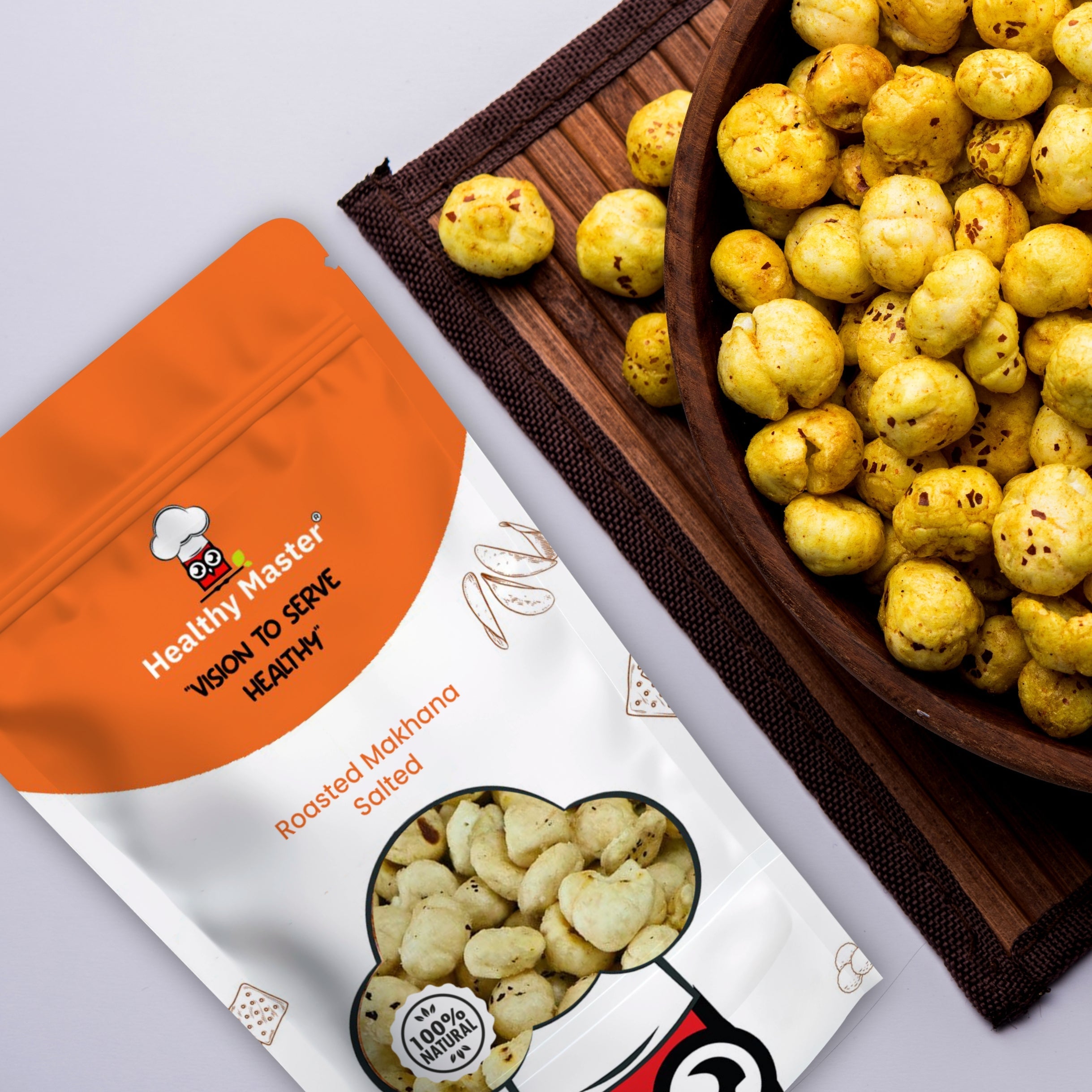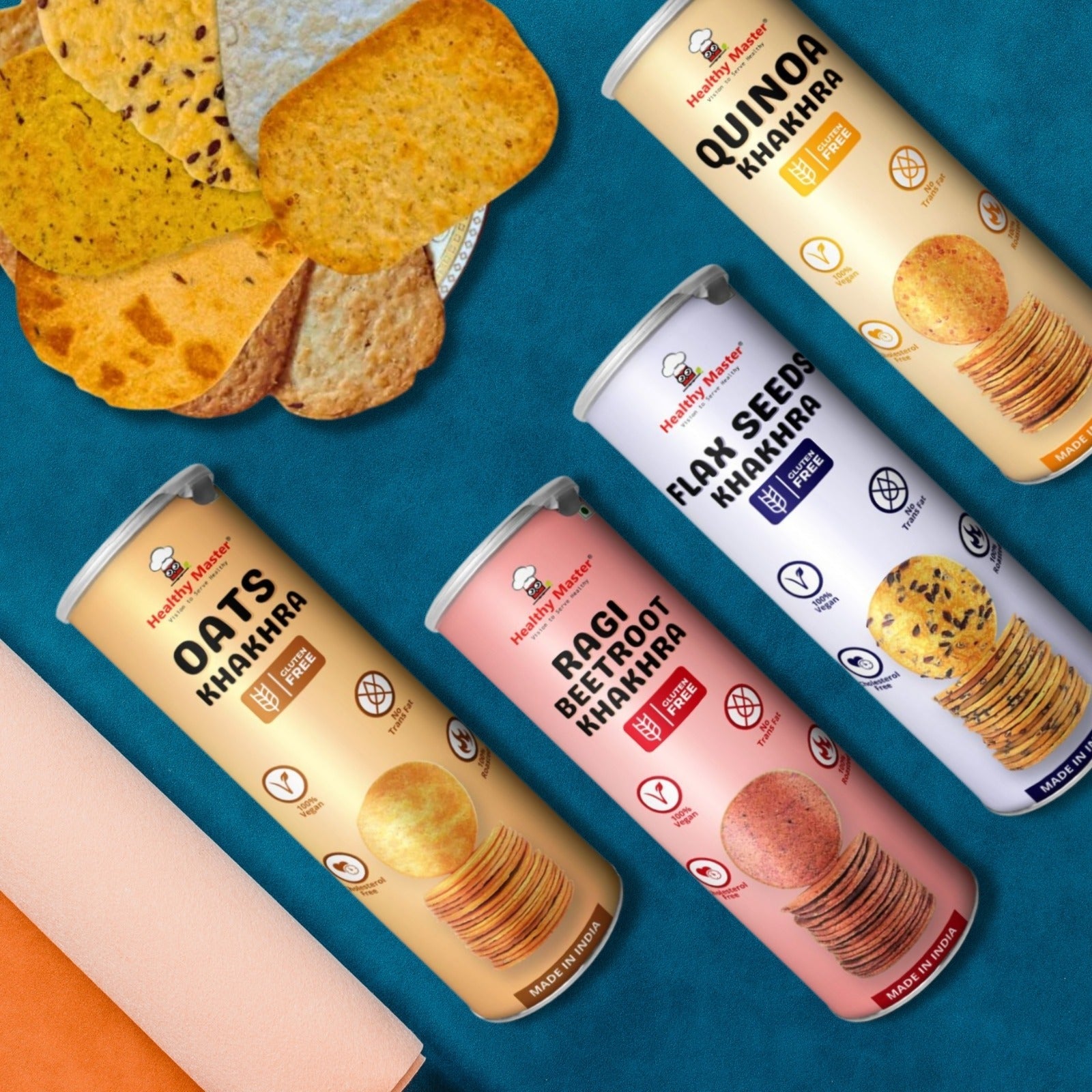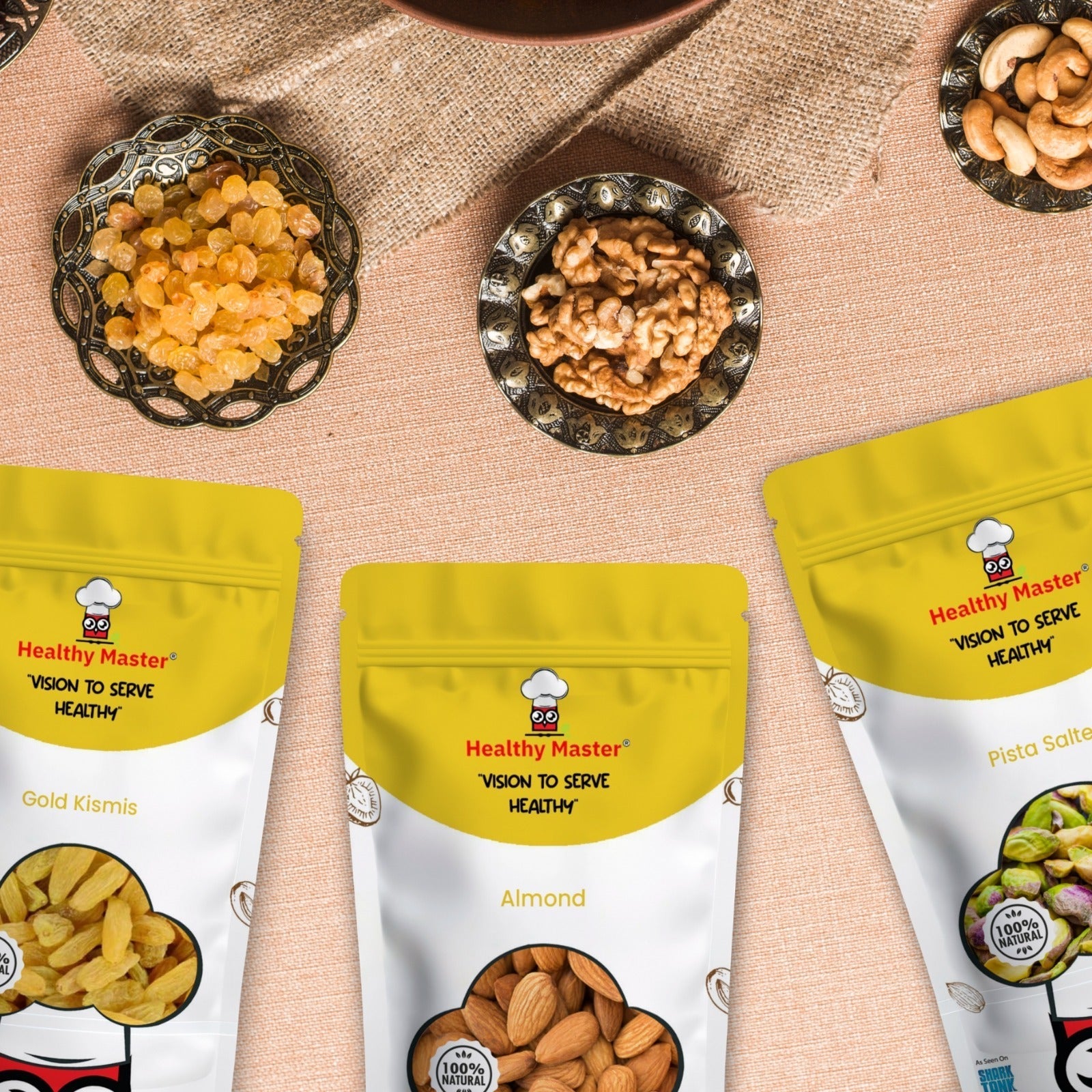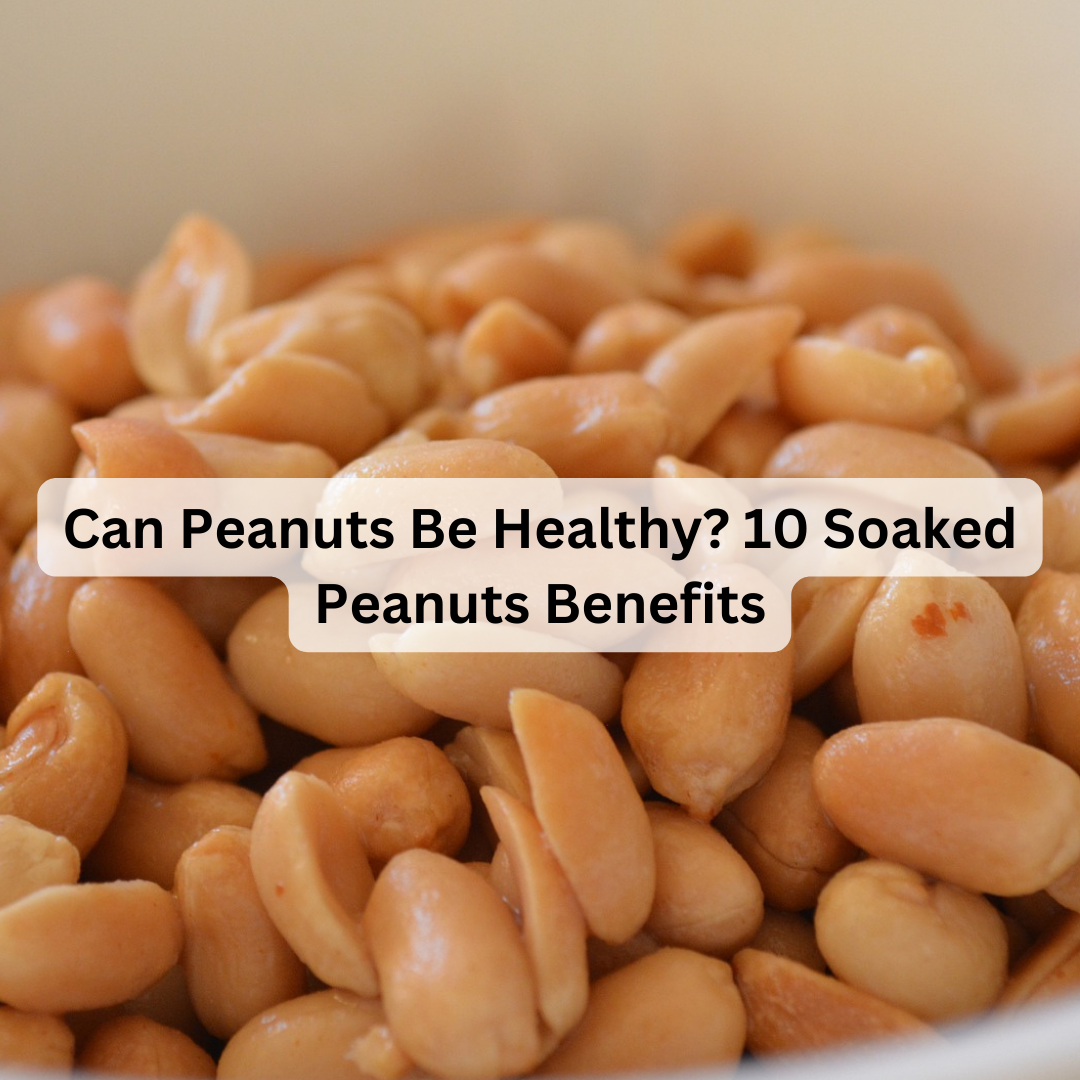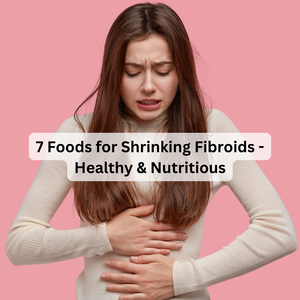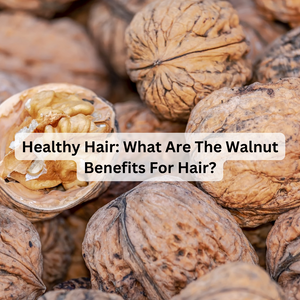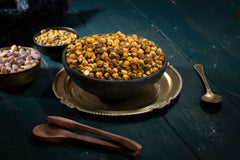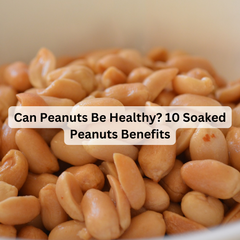Soaked peanuts, sometimes referred to as soaked groundnuts, are a surprisingly healthy but frequently disregarded dietary addition. Soaking peanuts for a full night aids in the breakdown of phytic acid and lowers the levels of enzyme inhibitors, facilitating the body's absorption of all the necessary nutrients.
This soaking procedure improves the nut's digestibility and helps it reach its maximum nutritional potential. In this blog, we shall discuss the top 10 soaked peanut benefits for your body.
Nutritional Value of Peanuts
Given below is the nutritional value of peanuts:
|
Nutrient |
Amount |
Nutrient |
Amount |
|
Calories |
567 kcal |
Magnesium |
168 mg |
|
Protein |
25.8 g |
Phosphorus |
376 mg |
|
Fat |
49.2 g |
Potassium |
705 mg |
|
Carbohydrates |
16.1 g |
Zinc |
3.3 mg |
|
Fibre |
8.5 g |
Vitamin C |
0.0 mg |
|
Sugars |
4.7 g |
Vitamin A |
0 IU |
|
Calcium |
92 mg |
Vitamin E |
5.3 mg |
|
Iron |
4.6 mg |
B Vitamins |
(B1, B2, B3, B5, B6) |
How to Add Soaked Peanuts to Your Daily Routine
Soaked peanuts are healthy and versatile to include in your daily diet. Kick-start your day with a handful of soaked peanuts on an empty stomach to provide a energy boost as well as help in digestion. Include them in your breakfast bowl as well—mix them into poha, upma, or sprouts salad for a protein-rich treat. Suffering from midday hunger pangs? Mix soaked peanuts into smoothies or scatter them over fruit bowls or yogurt for a crunchy delight. Mix them with onions, tomatoes, and lemon juice in the evening for a ready-to-eat peanut chaat. Adding soaked peanuts in this manner not just adds flavor and texture but also helps you reap their health benefits in an easily digestible form.
Benefits of Soaked Peanuts
-
Aids In The Process Of Bodybuilding
Protein-rich foods like peanuts can promote muscle growth. Benefits of soaked peanuts help keep muscles from wasting away and tone them.
It may be beneficial for bodybuilders to eat soaked peanuts first thing in the morning. You can eat these nuts like sprouts in the morning. These peanuts have a lot of fibre, omega-3 fatty acids, and plant-based protein.
-
Effective for Heart Problems
The moist peel of soaked peanuts enhances blood circulation and shields the heart, reducing the long-term risk of a heart attack. Soaked groundnut benefits in increasing body temperature and quickening metabolism, both of which enhance blood circulation, making it one of the most important advantages for your body.
-
Stops the Growth of Cancer Cells
One of the benefits of soaked peanuts is that they contain antioxidants that can help fight free radicals and stop the body's cancer cells from spreading. Iron, folate, zinc, and calcium are found in peanuts, and these nutrients all inhibit the growth of cancer cells.
Phytosterols, which are found in soaked groundnut benefits, reduce harmful cholesterol. They have been connected to breast, ovarian, lung, colon, prostate, and stomach cancers. Since phytosterols obstruct the blood supply to tumours, they may prevent the growth and spread of cancer cells.
-
Skin Glow
Consuming soaked peanuts benefits your skin with an appealing radiance. These nuts contain resveratrol, a healthy monounsaturated fat that inhibits the overproduction of sebum oil and the development of acne and pimples. Vitamins C and E help to prevent wrinkles and fine lines, as well as other indications of ageing.
-
Enhances Blood Circulation
The cardioprotective quality of soaked peanuts can shield you against a number of cardiovascular issues. This cardio-protective characteristic of peanuts enhances blood circulation within your body while also lowering the long-term risk of heart disease.
-
Relieves Back Pain
There are advantages to working from home. But it has negatively impacted our physical well-being. Our backs suffer the most from it since they must endure uncomfortable postures all day. You can ease this back pain by eating gur (jaggery)-soaked peanuts.
-
Boosts Memory
Benefits of eating soaked groundnuts include being high in niacin and vitamin B3, which helps your brain function better. They are also packed with vital nutrients such as protein, healthy fatty acids, niacin, and vitamin E, which are important for enhancing your brain's cognitive function.
A handful of boiled groundnuts can help prevent degenerative diseases such as dementia, Parkinson's, and Alzheimer's, so as you age, you should incorporate some of these soaked nuts into your diet to support your brain health.
-
Stops Hair Loss
These tiny, miraculous nuts are rich in vitamin C, which supports immunity and prevents hair loss. Consuming soaked peanuts benefits in strengthening hair follicles, promoting hair growth, and boosting collagen production.
-
Aids in Weight Loss
In addition to improving gut health, soaked peanuts provide a good balance of protein, fat, and fibre that can help you feel fuller for longer periods. These nuts boost your metabolism, give you energy immediately, and keep you from overeating.
-
Reduce the Risk of Diabetes
Since peanuts have a low glycemic index, eating them won't result in a blood sugar spike. Benefits of eating soaked groundnuts have been found in studies; it helps reduce women's risk of developing type 2 diabetes.
Disadvantages of Peanuts Consumption
The proteins arachin and conarachin can be found in soaked peanuts. These proteins cause severe allergies in certain people. For these individuals, an allergic reaction to peanuts may be fatal.
As part of a balanced diet, it makes sense to eat peanuts in moderation due to their high-calorie content. Overindulging in calories can result in weight gain.
While peanuts provide a host of health benefits, eating them can have some disadvantages if not controlled. Perhaps the most serious of these is peanut allergy, causing life-threatening reactions in some people. Peanuts are also rich in calories and fats, potentially causing weight gain when eaten excessively. They are also prone to aflatoxin poisoning—a toxin that causes liver damage and cancer. Overconsumption can also cause an imbalance of omega-6 fatty acids, which may trigger inflammation in the body. Adding salt and oils to processed peanuts may also have negative effects on heart health and blood pressure.
How to Select High‑Quality and Unadulterated Peanuts
Selecting good-quality and unadulterated peanuts is important for flavor as well as health. Begin with source and reputation checking—go for reputable suppliers adhering to proper hygiene and food safety practices. Select whole, uniformly sized peanuts of even color and free from mold, discoloration, or shrinkage. Exclude peanuts with an unclean, musty, or sour odor since this can point towards spoilage or aflatoxin infestation. Always verify the packaging date, expiry date, and FSSAI certification on the product. In case of loose peanuts, store them in airtight containers and keep them away from moisture. For optimal safety, opt for unprocessed or lightly processed peanuts without added oil, salt, or artificial flavoring.
Takeaway
Soaked peanuts are great to eat, despite their high-calorie content. You can even incorporate them into your favourite dishes like poha and upma to increase the health benefits and effects on your body.
Visit Healthy Master for a wide range of healthy snack options.
Frequently Asked Questions
1. What happens if I eat soaked peanuts daily?
Eating soaked peanuts daily can improve digestion, boost protein intake, support heart health, and provide essential nutrients like magnesium and folate.
2. Which is better, soaked or boiled peanuts?
Soaked peanuts retain more nutrients and are easier to digest, while boiled peanuts are softer and may have slightly fewer antinutrients. Both are healthy, but soaked peanuts are generally preferred for daily consumption.
3. How much protein is in 20 soaked peanuts?
Approximately 4–5 grams of protein, depending on the size and variety.
4. Is it good to drink peanut-soaked water?
Yes, in moderation. Peanut-soaked water contains some water-soluble nutrients and may aid digestion, but it’s not a significant source of nutrition on its own.
5. Do peanuts have omega-3?
No, peanuts primarily contain omega-6 fatty acids and monounsaturated fats, not omega-3s.
6. How many peanuts can I eat a day?
You can eat about 20–30 peanuts per day (roughly a handful), which equals around 1 ounce or 28 grams, ideal for most healthy adults.
 Deal of the week : Trial Snack Box - 18 Wholesome Delights Just at ₹ 899.00
Deal of the week : Trial Snack Box - 18 Wholesome Delights Just at ₹ 899.00



